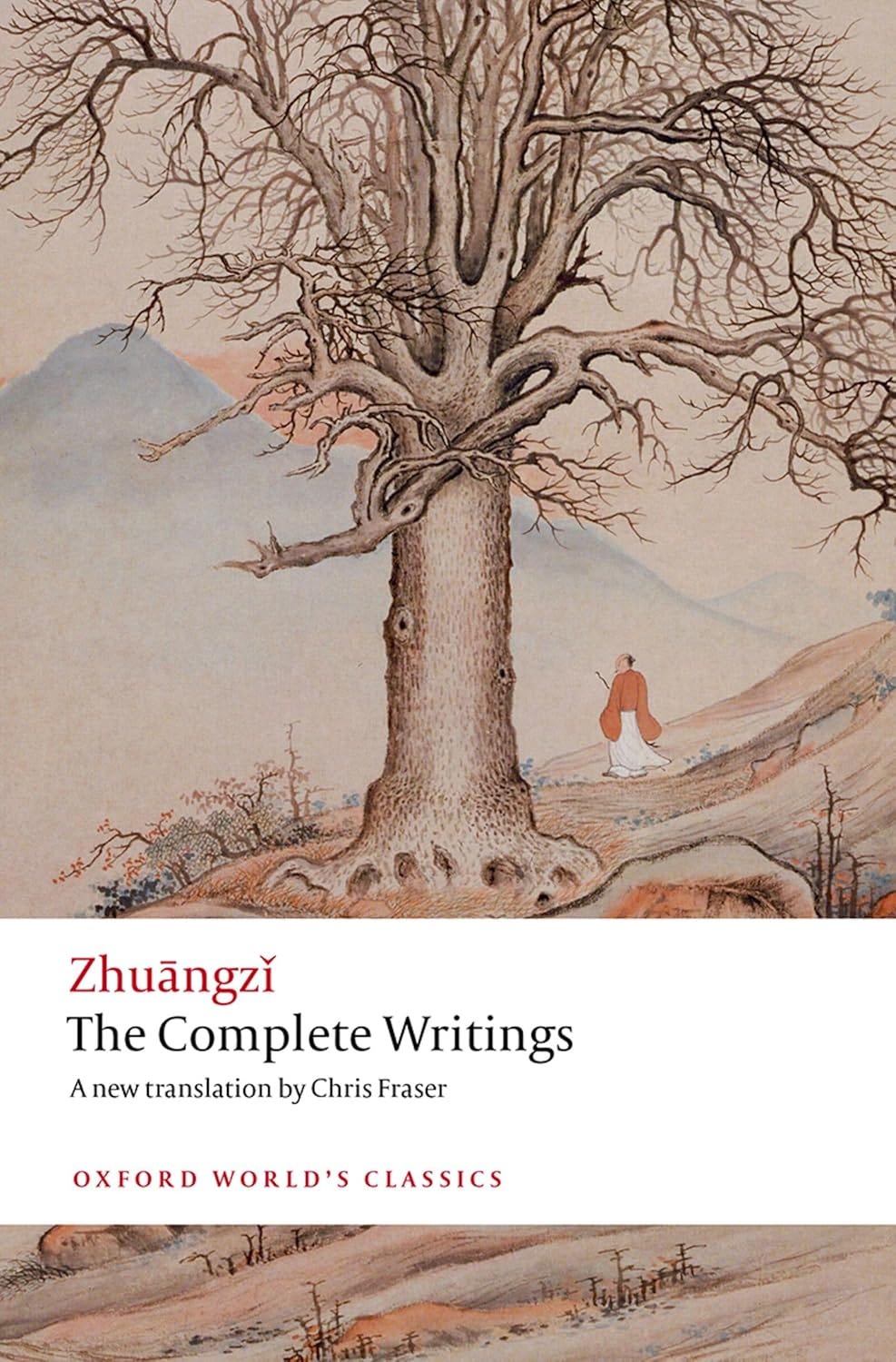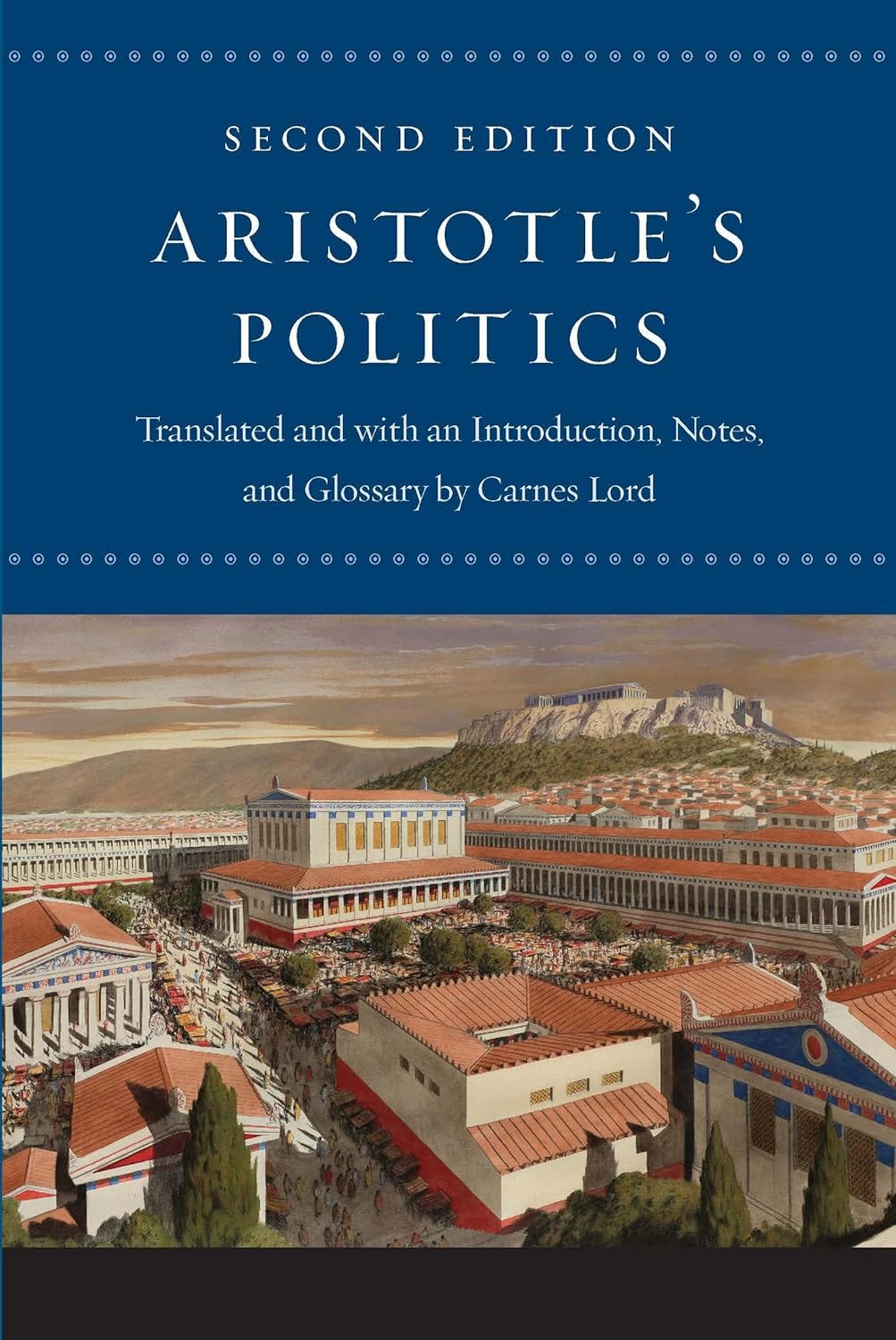The Remains of the Day and the Rest of 2025's Read-Alongs
Translations, rough schedules, emerging themes
At the end of this month, we’ll be starting our read-along of The Remains of the Day by Kazuo Ishiguro. This is a short novel, and so it will only take us a few weeks to complete. Here’s the schedule:
June 30: Prologue, Chapters 1 & 2
July 7: Chapters 3-5
July 14: Chapters 6-7
July 20: Members-Only Zoom Call, 8PM Eastern
The good news is that this will get us back on to my original schedule, and so in August we’ll start Chuang Tzu/Zhuangzi. (After that, we’ll read Aristotle’s Politics, bringing us to the end of the year already!)
Ishiguro’s novel is a meditation on duty and loyalty. I won’t say much more than that, as we’ll soon be reading it together, but I think you can see why it fits in so well with the other works we have been reading this year. Mrs Dalloway is bound by social convention; Shevek attempts to be true to himself in opposition to two worlds; Socrates has tried to define the perfectly just state which, ultimately, cares for the soul.
Salman Rushdie wrote of the novel:
The real story here is that of a man destroyed by the ideas upon which he has built his life. Stevens is much preoccupied by "greatness", which, for him, means something very like restraint. The greatness of the British landscape lies, he believes, in its lack of the "unseemly demonstrativeness" of African and American scenery. It was his father, also a butler, who epitomised this idea of greatness; yet it was just this notion which stood between father and son, breeding deep resentments and an inarticulacy of the emotions that destroyed their love.
I think this will be a very good time, and I look forward to reading it with you. In the rest of this post, I want to write about the why of all of this reading and talk about translations for the remaining two books.
The Why of It All
When I started this newsletter, I was interested in hosting these read-alongs. I saw it as a way to read more philosophy with people, and I hoped that we’d have some good discussions along the way. The read-alongs have changed substantially over the past few years. The first one, on Marcus Aurelius’ Meditations, was sporadic, more of a series of reading reflections than a proper book club. The read-alongs took on more of a structure when we read Aristotle’s Nicomachean Ethics with each other.
In 2025, I did not think much about particular themes. We were continuing with Arendt’s The Human Condition, and I knew I wanted to continue at roughly this pace, so I began to think of some books. I chose books that were interesting to me at the time: either I’d read them many times or had been meaning to read them. I did not think much about the cohesion of the entire project.
Yet, themes have emerged. There is a strong slant toward ethics and political philosophy: Arendt’s Human Condition is at least concerned with the moral, the Republic is of course about justice, and the novels we’ve read all have some deeper ethical conflict at their heart. This year has returned again and again to the problems of how we want to organize our lives together and how an individual can survive in society. The Remains of the Day carries on this theme, as does Aristotle’s Politics. Zhuangzi might be the exception, though I am sure we will find points of contact.
So I suppose the question ‘Why did you choose these books?’ has two answers:
I chose them because I wanted to read them
Unconsciously, I was selecting books speaking to a real and present need.
It is no secret that the United States is in a moment of fracture. Globally, in fact, we’re all experiencing it — some much more directly than others, as bombs fall from the sky or border policies change day-to-day. I have always thought that in moments like this, philosophy demonstrates some of its value. We can ask the big questions that we have tried our best to ignore.
Next year, I’ll be more careful with selections. I’ve already selected the theme: the philosophy of technology. Everything we read will be centered around the following question: What role do we want technology to play in our lives? We’ll read philosophers, social scientists, and a few journalists to try and make sense of technology and ourselves.
This year didn’t have an explicit theme — yet, a theme emerged. A timely theme, in fact. Next year, who knows what will emerge.
The Rest of the Year
After we read The Remains of the Day, we’ll read Zhuangzi and Aristotle. Zhuangzi will be read in August and September, and then we’ll finish the year with Aristotle. (If at all possible, I want to finish Aristotle’s Politics before the new year.)
For Zhuangzi, I want to recommend the Oxford World Classics edition of his writings, translated by Chris Fraser. Fraser also provides a structure to the text that allows us to easily read it together. This is the edition I will read, and it is the one I’ll reference. Other editions may divide the text in different ways: beware!
Aristotle’s Politics has a much more standardized division. So, you can read any translation you want. But this is the one I’ll be reading: the University of Chicago edition translated by Carnes Lord.
Each of these is available for under $20 from various online retailers. You have a few months to find a copy.
Thank you, everyone, who has joined any of the discussions so far. I look forward to many more with you.




Jared, thanks for the explanation. I appreciate and applaud your efforts in building a community around philosophy and literature.
I agree with David, these selections are always timely. All great works of philosophy and literature address the human condition, at least some important aspects of it. As a result, it is inevitable that common themes will emerge, as long as they are read thoughtfully. Zhuangzi is no exception at all!
I just want to say a word about translations of Zhuangzi. I have compared all available translations with the original; most are to be avoided at all cost as they try to sound "poetic" at the expense of meaning. There are two exceptions. The one you picked, by Chris Fraser, is one of them; and it's relatively cheap. The other one, which I think is even a bit better than Fraser, is the translation by Brook Ziporyn; but it is more expensive. Ziporyn has two versions: the Complete and the Essential, which only contains 23 of the 33 chapters; however, that's more than enough for an understanding of Zhuangzi as most of the omitted ones are commonly considered as written by someone else; the bonus is that it contains close to 100 pages of important commentaries by important traditional Chinese scholars. But it's still more expensive than Fraser.
One idea for you to think about. I wonder if there could be some type of culminating activity or discussion at the end of each read-along that focuses on two questions: how does it tie in with the other books we've read in the past? and in what ways does it change our own thinking or way of life? I just feel that a more palpable sense of closure would be nice before moving on.
While the readings have been timely, some of these selections are *always* timely, especially Plato. Thanks for not being heavy-handed with that though, there is too much noise out there and this is a good place to have an intellectual and spiritual reprieve from all of that.